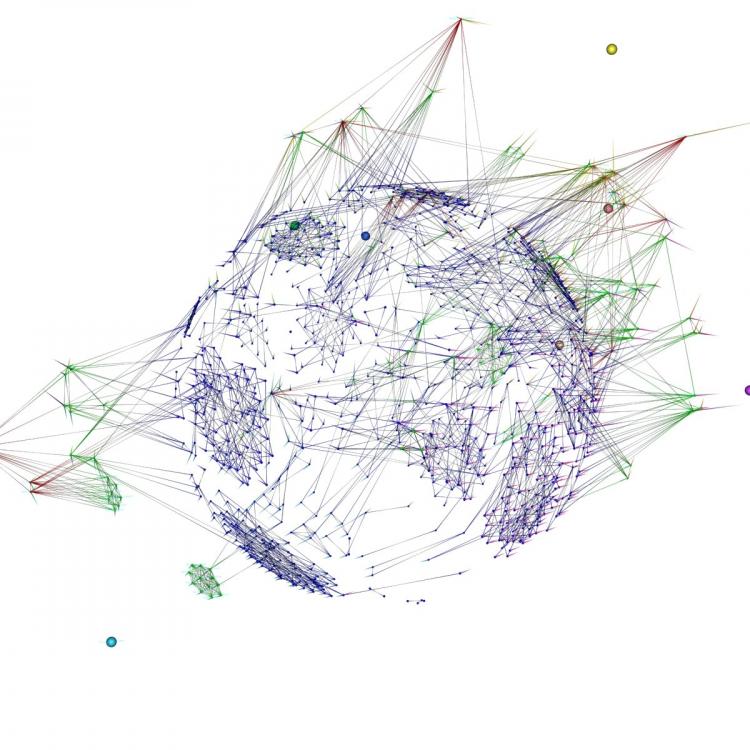We live and work in a world of complex relationships between data, systems, knowledge, people, documents, biology, software, society, politics, commerce and so on. We can model these relationships as networks or graphs in the hope of reasoning about them - but the tools that we have for understanding such network structured data (whether algorithmic analytics or visualisation tools) remain crude. Emerging display and interaction devices such as augmented and virtual reality headsets offer new ways to visualise and interact with data in the world around us rather than on screens. This…
Research projects in Information Technology
Displaying 11 - 13 of 13 projects.
Improving the usability of constraint-based layout for UI development in mobile apps
When designing user interfaces, developers want to be able to position objects in a structured way such that controls are clear and neat. In the past, absolute positioning and grids have been used for this purpose. However, such rigid layout doesn’t now allow adaptive layout for interfaces that run on a variety of screen sizes or that need different control sizes due to application being internationalised into foreign languages. For this reason, Apple introduced constraint-based GUI layout under the name Auto Layout for iOS developers. With Auto Layout developers specify constraints…
Reimagining digital publishing for technical documents
Digital versions of technical documents, like textbooks and academic papers, are usually produced as static PDF files. Research has shown that working with these on electronic devices is frustrating and inefficient, partly because people do not read such documents in a linear fashion as they do novels.

